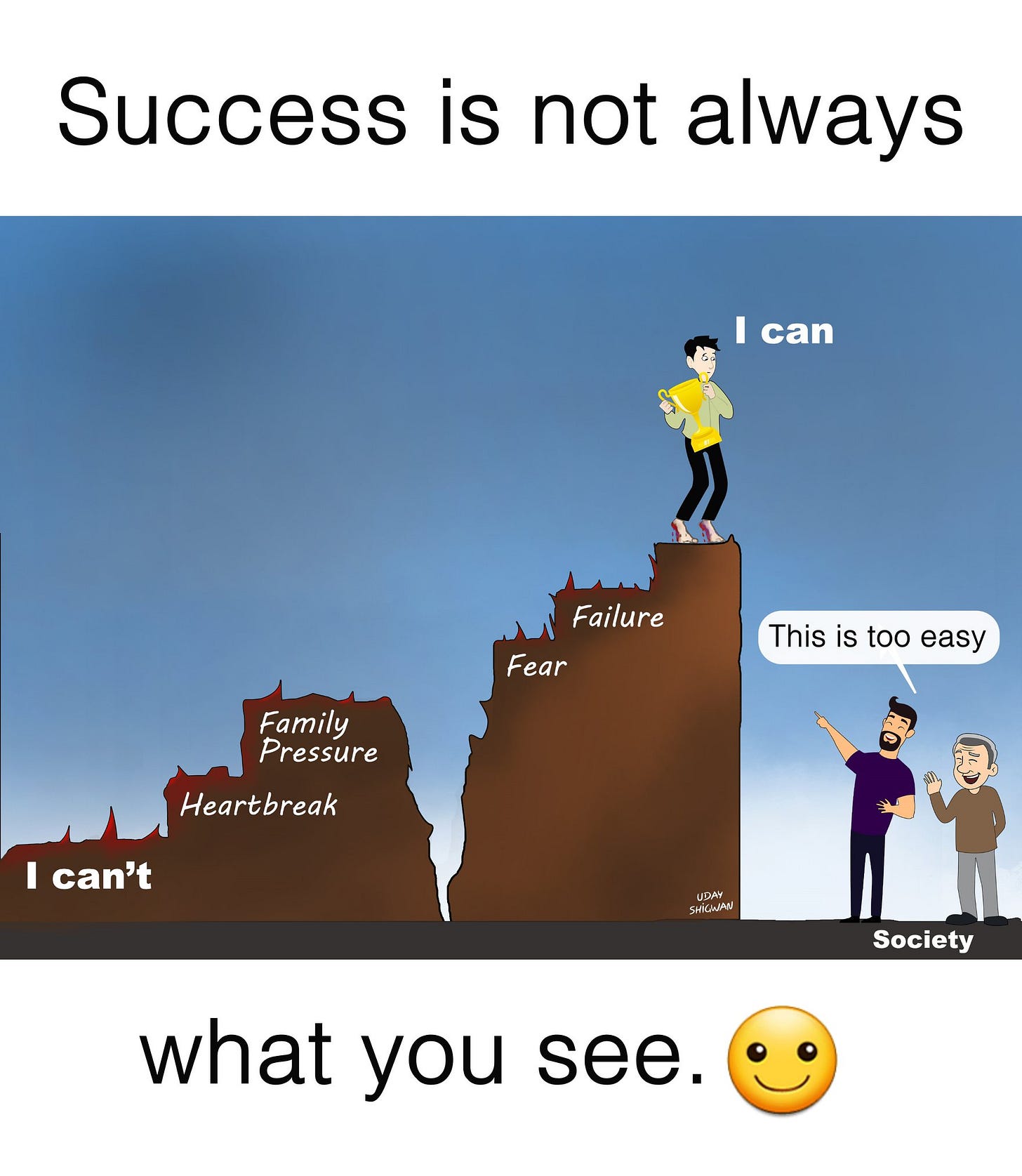Well that's embarrassing
A necessary hurdle in the way of your language acquisition
Welcome, aspiring polyglot! Saving yourself from embarrassment is a natural human instinct. There are definitely use cases, but people often use their desire to avoid embarrassment as an excuse to avoid risk. If you are always avoiding risk, especially in something as minor as speaking a second language, you will demolish your own confidence. I can understand the feeling, I have been there, but you have no choice but to speak if you want to learn how to speak; and there is nothing quite as sweet as being able to speak to native speakers. You have to avoid common mistakes, though.
Common mistakes
The most challenging part of learning something new is that you will inevitably look like an idiot at one point or another. Everything you have ever done came with embarrassment. Some of those things, however, you decided were worth the embarrassment if it meant coming out stronger on the other side. That is precisely the decision you will be faced with when you are working on learning a new language.
In that, the primary mistake people make is deciding they must wait until they are perfect to speak. This is only an issue for the first few times as a couple repetitions will reveal how few people actually speak without making mistakes on a regular basis. Waiting for perfection will stall you indefinitely because you will never be perfect enough for your own standards. When you know what you don’t know, it can be intimidating to get started, but only because you are your own harshest critic.
Besides, no matter how good you think you are, there is always room to improve. That is most evident when you start translating things from one language to the next. At first you will be almost exclusively translating the words, but your goal is to start translating the meaning. One of the things I always struggle to explain is that sometimes the way things are said in one language are simply just the way they are. Whether or not it makes sense when translating it into English is entirely irrelevant.
While learning to translate meaning will certainly take time and isn’t worth pouring too much effort into in your day to day work. What you should be focused on is removing your propensity for second guessing your own work. It took me years to break the habit of second guessing myself, it will likely take you several months, but it is a worthwhile endeavor. The challenge comes in deciding when to correct yourself IF you need correction. Worry about that later though, break the habit of second guessing yourself first.
Your fear of failure
Most people second guess themselves because they are afraid of looking stupid. The problem with this thinking is that, in order to be great at anything you must necessarily risk looking stupid. No one is born a graceful master. Mastery takes a long time and demands years if not decades to reach. If you are always afraid of sounding or looking stupid you will remain silent without ever doing anything. When you do that it creates a self fulfilling prophecy wherein you fail to reach your goals causing even further self doubt.
Irrespective of what your language learning goals are, if they are properly set you will fail to reach them at least once. That cannot stop you from pressing on, so make sure you are focusing more on what’s next than what could have been. Much like an elite athlete, learning a new language requires you to have a short memory for mistakes. When you dwell on every error they have a way of multiplying. You need to acknowledge the mistake and move on as fast as you can manage.
The only time this will feel next to impossible is when you inevitably run into a situation where you just aren’t being understood. After repeating something several times, making no progress towards communication, you will feel demoralized. Try to remember that this happens to everyone, even in their native language, so you cannot give up over just one or two or ten miscommunications. All of these things will impact your confidence so it is important to remember what awaits you on the other side of this uphill battle.
What awaits you on the other side?
It is impossible to overstate the confidence that comes with being able to competently communicate with people in a new language. For a few months or even a year you will feel unstoppable, and you should. Confidence is something that takes a long time to build, so you should take your time enjoying it when you can, but that does not mean you should stop your progress. You should be able to hold complex conversations within six months of learning your language, assuming you have a good instructor and plan, but fluency takes longer.
However, once you hit fluency there are few feelings that can match it. Knowing you have the ability to speak to anyone about anything at anytime in multiple languages is something you deserve to be proud of and in that you will find even more confidence for yourself. Of course, confidence is not the only or even the most important aspect of reaching fluency in a new language. Often the best parts of learning a new language don’t happen until months or years after you have reached fluency.
Friends and connections around the world await you and all that is standing in your way is time, effort, and yourself. Since friends and connections are often one in the same, the ability to speak with anyone about anything at any time will bring you both. Building up your confidence to speak was never just about getting you to speak in your target language. It was always about pushing you to realize that you can speak to anyone about anything. Take risks, ask questions, have faith in your abilities and your life will be impacted in more ways than just second language acquisition.
Conclusion
People have a misperception of what it means to learn a second language. Far too often people expect to be able to speak their target language at the same level they speak their native language. Unfortunately, it takes months to reach this level and so people give up quickly. It is not enjoyable or fun to sound like a 3 year old again, especially if you’ve taken language courses previously. However, in order to solve a problem you have to know and acknowledge that it exists.
Once you do that, you will be able to attack your language acquisition with a level head and intentional plan. In conjunction with the material on this site and the optional language learning plans we offer, you should be able to reach each and every one of your language learning goals. Anyone can do it, but try to keep in perspective where you started, where you are, and where you have to go. There will always be more, so allow yourself to celebrate every milestone.
Requests
If you have anything you would like covered you can reach out to me on X, Instagram, or at odin@secondlanguagestrategies.com.
Additional Resources
Don't want to spend time playing catch up? Pick up the 3 Months to Conversational book now available on Amazon! 3 Months to Conversational
For more long form content be sure to check out the website!
Subscribe for new content on YouTube and TikTok!
Learning Spanish? We have begun aggregating resources in you Spanish Resource Newsletter!
Don't forget to pick up your very own French Language Logbook or Spanish Language Logbook!








"Far too often people expect to be able to speak their target language at the same level they speak their native language. Unfortunately, it takes months to reach this level..."
"Months? Months?!" exclaims the fellow who still isn't fully comfortable in conversation in his 6th language after more than a decade. Maybe I should just kill myself now ;-)